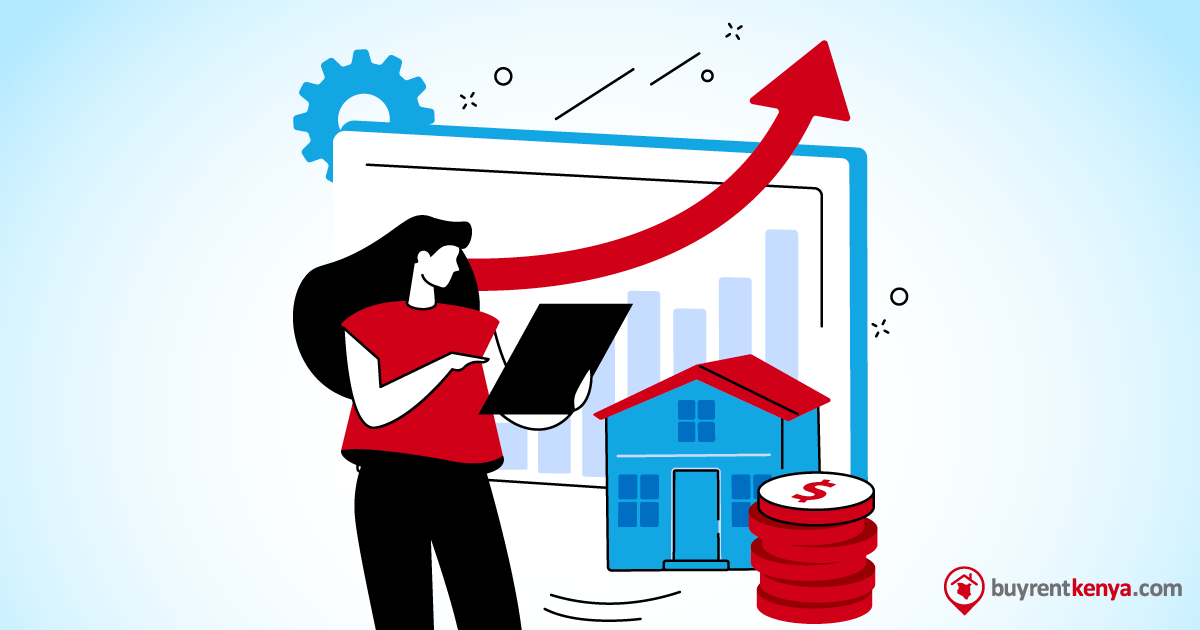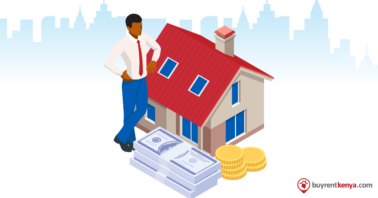In 2022, the Kenyan Real Estate sector continues to recover from the adverse economic effects of Covid 19 and stabilize in a manner that ensures investor confidence. In this article, we will look at the sector’s performance in the first half of 2022 while forecasting what the market can expect for the remaining half of the year.
During H1’2022, Kenya National Bureau of Statistics’ released their Q1’2022 GDP report, which showed that the sector had grown by a 0.4% margin, from 5.2% growth recorded in Q4’2022 to 6.1% in Q1’2022. The few key factors driving this growth include:-
- The government’s focus on Infrastructure
- The country’s population and urbanization steady growth
- The revival of the economy, and
- Availability of mortgages
Table of Contents
Infrastructure
Kenya’s infrastructure sector has played a major role in realizing the Real Estate sector’s goals. To begin with, the budget allocated to the sector has improved steadily in the last 3 years. According to the Budget-Statement for the FY’2022/23 the infrastructure sector received 212.5b this year, which is an increase of 30b from the 182.5b allocated last financial year.
A notable infrastructure improvement is the 27.1km Nairobi Expressway, which officially opened on the 14th of May, 2022. The expressway is intended to open up the region to investments and boost the country’s economy. We also have more projects in the pipeline such as the Nairobi Commuter Rail project, Nairobi-Nakuru Highway project, the Lamu Port-South Sudan-Ethiopia Transport (LAPSSET) corridor (with the first 3 berths complete), Standard Gauge Railway Phase 2A, and the Nairobi Western Bypass. With these projects improving connectivity, the real estate sector automatically gets a boost with the optimized remote land enquiries.
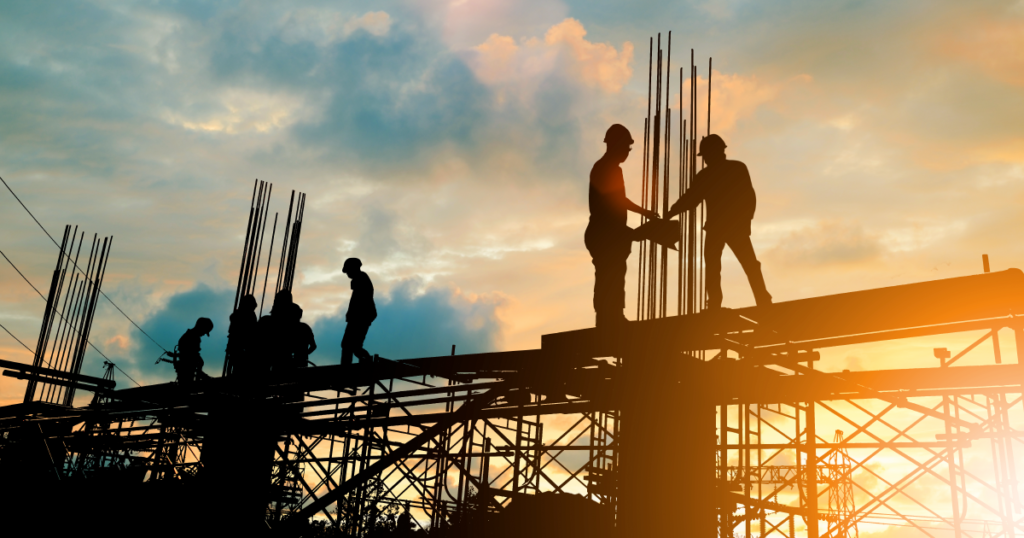
Population and Urbanization Growth
High population growth is another factor that is contributing to the growth of the real estate sector. According to the World Bank Population Growth Data, Kenya’s population is growing at 2.3%p.a which is 1.3points higher than the global average of 1.0%p.a. This has shown direct correlation to the real estate sector with the demand and supply for rentals rising.
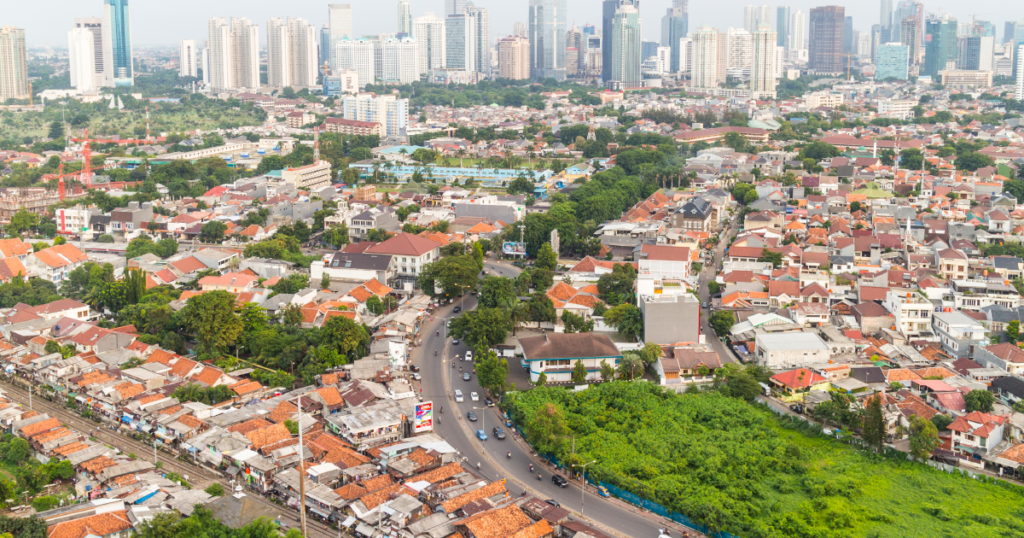
The Recovery of the Economy
The economy is gradually recovering from the effects of Covid 19. According to the Central Bank of Kenya latest economic report , since 2020, the economy has grown from a recorded 0.3% decline to 7.5% increase due to better business health.
With business transactions increasing since January, the sector has registered growth with more office spaces being in demand. The economic revival happening worldwide has also opened up the import and export sectors which require warehouses for storage and thus increasing the demand for commercial space.

Availability of Mortgages and Affordable Housing
The government’s efforts to increase financing options for Kenyans has significantly contributed to growth of the sector. Primary Mortgage Lenders have on-boarded more homeowners in the last financial year as a result of the 3.5b budgetary allocation given to the Kenya Mortgage Refinance Company (KMRC) for FY’2021/22.
Affordable housing initiatives as well as demand for land in satellite towns continues to rise. With reduced availability and high prices of land within the city of Nairobi, more developers are looking for real estate purchases outside. According to the HassConsult Land Index Q1’2022, Thika, Juja and Ruiru towns were the best performing satellite towns with Thika alone recording a 6.35% growth.The positive performance is attributed to growing demand for quality student housing in these areas that host a good number of tertiary institutions.
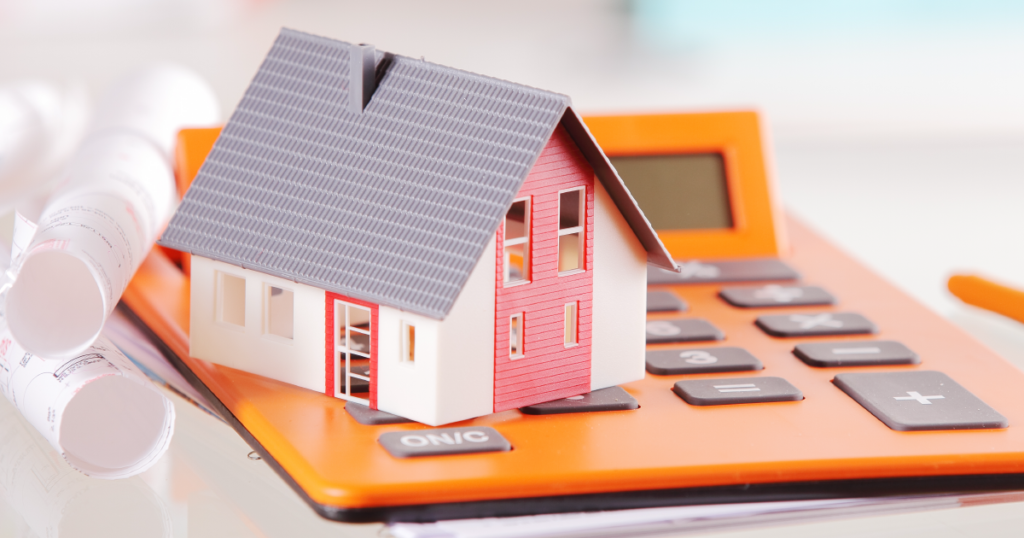
FACTORS SLOWING DOWN THE SECTOR
The sector has also faced a fair share of challenges that have constrained its growth to full potential. Some of them include:-
- Reduced financial lending opportunities
- Business digitization and the rapid growth of e-commerce
Reduced Financial Lending Opportunities
With reduced lending opportunities, the real estate sector is unable to tap into many ambitious projects. The first 2022 Quarterly Economic Report by the Central Bank of Kenya shows that the Real Estate sector registered a 21.6% increase in Non-Performing Loans for FY’2021. This greatly impacted the sector’s ability to borrow due to the reduced lending confidence from financial institutions.

Business Digitization and the Rapid Growth of E-Commerce
The digitization of businesses has also reduced the uptake of office spaces and leasing of commercial property. This is evidenced by the oversupply currently experienced in the commercial rental space.

Conclusion
The first half of the year has registered positive growth and we expect this to extend into the second half. We are however cognisant of the fact that the looming general elections come August will affect the sector and cause a standstill in activity whether minimal or elongated. Q3’2022 might see a slowdown in terms of investments and construction until we resume business as usual towards Q4’2022.
